Picture this: you're firing off a quick text about weekend plans when a friendly AI bubble pops up in Google Messages, ready to help craft the perfect response. Seems harmless enough, right? Here's the kicker: that helpful assistant is quietly collecting way more than you probably signed up for—and Google openly admits human reviewers might be reading your conversations for up to three years.
This seemingly harmless interaction represents a much larger shift in Google's AI strategy. The search giant has been pushing Gemini integration hard across its ecosystem, but the privacy implications are raising eyebrows among users who thought they had more control. Google recently announced that starting July 7, 2025, Gemini will access Phone, Messages, WhatsApp, and Utilities applications "whether your Gemini Apps Activity is on or off." The July 7, 2025 rollout gives users just weeks to understand and adjust their privacy settings—a timeline that feels deliberately rushed.
Translation: that toggle you thought protected your privacy? It's about to become a lot less meaningful. What makes this particularly concerning is how Google handles the data once collected. Even with activity tracking supposedly disabled, conversations still get stored for up to 72 hours, and anything reviewed by human moderators gets retained for three years—completely separate from your account deletion preferences. It's like having a conversation in what you think is private, only to discover someone's been taking notes the whole time.
Why Gemini's data collection runs deeper than you think
Let's break down what Google actually collects when Gemini gets involved in your digital life. According to Google's own privacy documentation, the company gathers your chats, Gemini Live voice recordings, shared files and images, browser content, usage information, feedback, connected app data, and location details including IP addresses and home/work addresses from your account.
The scope gets even broader when you consider the cross-platform implications. During my testing of Gemini across different Google services, I noticed the AI's ability to connect seemingly unrelated data points. When you ask Gemini in Messages about restaurant recommendations, it can access your location from Maps, your calendar from Gmail, and your dining preferences from Search history—creating a comprehensive profile of your habits and preferences.
Research shows that Google's warning about confidential information applies universally—most major AI platforms employ similar human review processes for quality control. But Google's integration across Android devices makes the data collection particularly extensive.
Here's where things get interesting: Google sets Gemini Apps Activity to "on" by default for users 18 and older, storing conversations for up to 18 months (adjustable to 3 or 36 months). This default opt-in strategy extends to the age-based settings design—even users between 13-18 can opt in, while only those under 13 get automatic protection. The message is clear: unless you're explicitly a minor, Google assumes you're cool with the data collection.
What's particularly troubling is how conversations reviewed by human moderators exist in a separate data silo. Google openly states these reviewed interactions "are not deleted when you delete your Gemini Apps activity because they are kept separately." This separation matters because it means even users who think they've cleared their data could still have conversations stored in Google's systems for years. It's data collection with a permanent marker, completely divorced from your normal privacy controls.
The human factor: who's actually reading your conversations
Here's something that might make you think twice before asking Gemini for relationship advice: real humans are reviewing your chats. Google acknowledges that "human reviewers (including service providers) read, annotate and process your Gemini Apps conversations" to improve their AI models.
The company tries to soften this reality by noting that reviewers don't see email addresses or phone numbers, but that's cold comfort when the actual content of sensitive conversations remains fair game. Google explicitly warns users: "Please don't enter confidential information in your conversations or any data you wouldn't want a reviewer to see."
Think about what people typically discuss via messaging apps—health concerns, financial worries, relationship issues, work conflicts. Research indicates that AI assistants already have access to "our most private thoughts and business secrets," including pregnancy consultations, divorce considerations, addiction concerns, and proprietary business information.
What makes Google's human review particularly concerning is how it compares to competitors with less integrated ecosystems. While platforms like ChatGPT and Claude also employ human reviewers, Google's approach touches multiple services you probably use daily without thinking about AI involvement. When Gemini becomes active in Messages, Gmail, and Android Assistant, the scope of potentially reviewed conversations expands dramatically.
The timing of Google's latest privacy policy changes adds another layer of concern. According to reports, the expanded access to phone and messaging apps will begin in less than two weeks. The rushed timeline means users have little time to understand which conversations might end up in human reviewers' hands, and Google hasn't provided clear instructions on exactly where users can find opt-out controls.
Can you actually escape Gemini's data dragnet?
Good news: you're not completely powerless here, though Google doesn't make opting out particularly obvious. The most straightforward approach involves diving into your Gemini Apps Activity settings and turning off data collection entirely. But even then, Google still retains conversations for up to 72 hours for "quality and security purposes."
For Google Messages specifically, users can now toggle off the Gemini button by going to Settings, tapping 'Gemini in Messages,' and switching off 'Show Gemini button.' It's worth noting this option only appeared in recent beta versions—Google clearly felt pressure to provide an escape hatch.
The challenge is that Google's privacy controls exist in multiple layers across different services. The transition from Google Messages settings to the broader challenge of layered privacy controls shows the true scope of the problem. Research shows that turning off Gemini Apps Activity doesn't affect other Google settings like Web & App Activity or Location History, which may continue collecting data as you use other Google services. It's privacy whack-a-mole.
What's particularly frustrating is how this connects to broader challenges of controlling data collection across Google's ecosystem. Google sometimes provides unclear or incorrect information about opting out through Gemini itself. Users report the AI giving conflicting instructions about disabling features, almost as if it's designed to keep you engaged with the system rather than help you leave it.
What this means for your digital privacy going forward
The Gemini situation represents something bigger than just another privacy policy update—it's a preview of how AI integration might fundamentally change our relationship with digital privacy. Experts warn that AI models built into operating systems create infrastructure for "centralized, device-level client side scanning" that could expand far beyond its original purpose.
Consider how this plays out across Google's ecosystem: Gemini integration in Gmail, Messages, Assistant, and Android itself creates multiple touchpoints for data collection. The infrastructure Google is building for helpful features like scam detection could easily expand into broader content monitoring. What starts as fraud prevention today could become comprehensive conversation analysis tomorrow.
Beyond Google's own data practices, the technical architecture of AI assistants creates additional risks. Security researchers have demonstrated that encrypted AI assistant conversations can be deciphered through side-channel attacks, with success rates of 55% for topic inference and 29% for perfect word accuracy. These vulnerabilities mean your private conversations could be exposed even when companies implement proper encryption. Ironically, Google Gemini was the only major AI service that proved resistant to these attacks—a rare privacy win amid broader concerns.
European regulators are already investigating whether Google properly assessed privacy risks before launching its foundational AI models. Ireland's Data Protection Commission has opened formal inquiries that could result in fines up to 4% of Alphabet's global revenue. These regulatory actions could eventually lead to stronger privacy protections or more transparent data practices for users globally.
The reality check here is simple: every AI interaction should be treated as potentially non-private. Whether you're using ChatGPT, Claude, or Gemini, companies acknowledge that human reviewers examine conversations for quality control and safety compliance. The difference with Google is the depth of integration across services you probably use daily without thinking about AI involvement.
The bottom line: your texts aren't as private as you think
Google's message to Gemini users is refreshingly blunt: don't share anything you wouldn't want strangers reading, because strangers might actually read it. While the company positions this as necessary for AI improvement, the three-year retention period for reviewed conversations and the expansion of data collection across core Android apps suggests privacy took a backseat to AI ambitions.
Here's my take: Google deserves credit for being relatively transparent about human review processes—many competitors bury similar practices deeper in their terms of service. But the default opt-in approach and the complexity of fully disabling data collection feels deliberately designed to maximize participation rather than protect privacy.
PRO TIP: If you're keeping Gemini enabled, treat every interaction like you're talking to a Google employee who's taking notes. Because in some cases, you literally are.
The bigger picture is that we're entering an era where AI assistance and privacy protection increasingly feel mutually exclusive. Google's approach with Gemini—helpful features paired with extensive data collection—might just be the new normal. The question isn't whether you trust Google with your data, but whether you trust the entire AI industry infrastructure that's rapidly becoming unavoidable in our digital lives.
For now, those privacy controls are still available. Use them while you can, because if history is any guide, they tend to get more complex and less comprehensive over time.









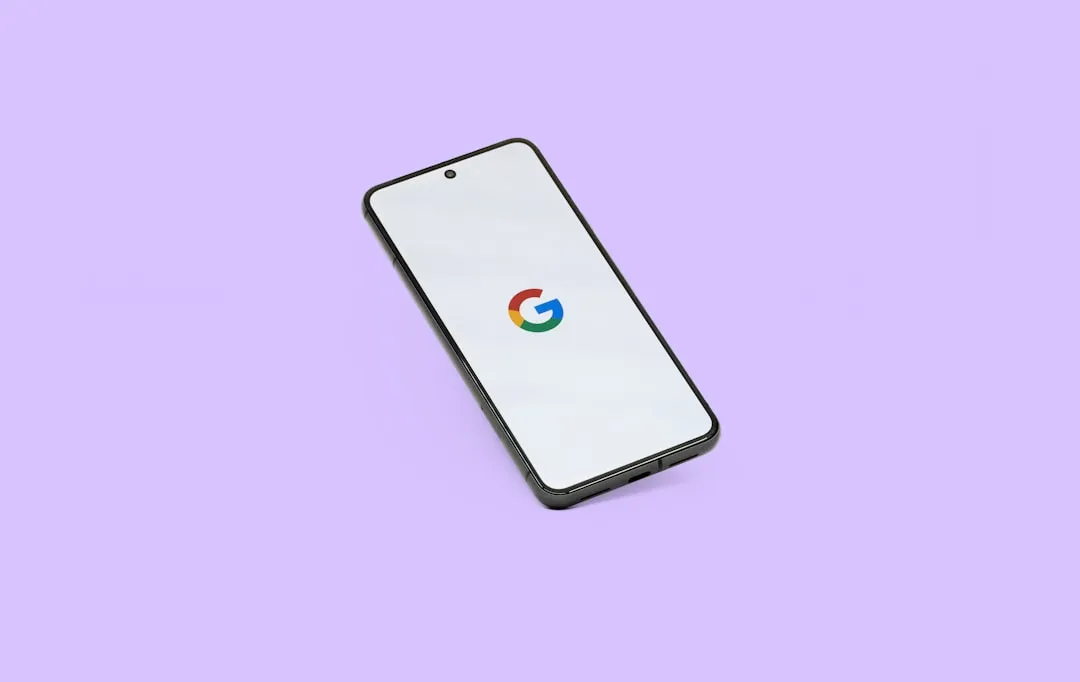

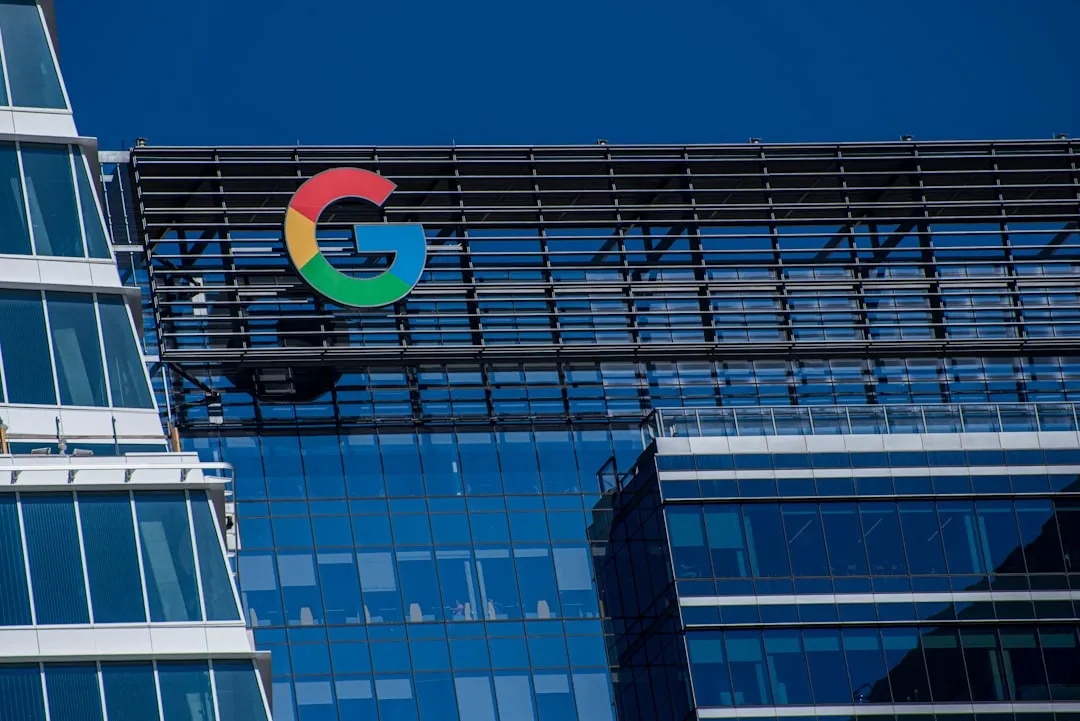
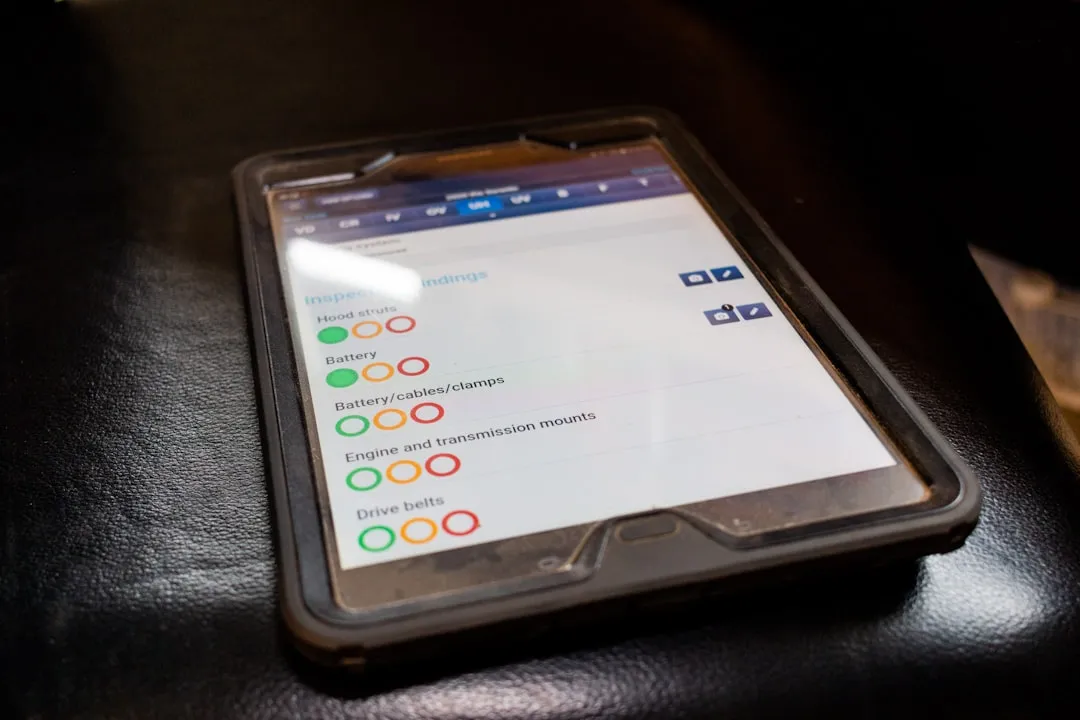




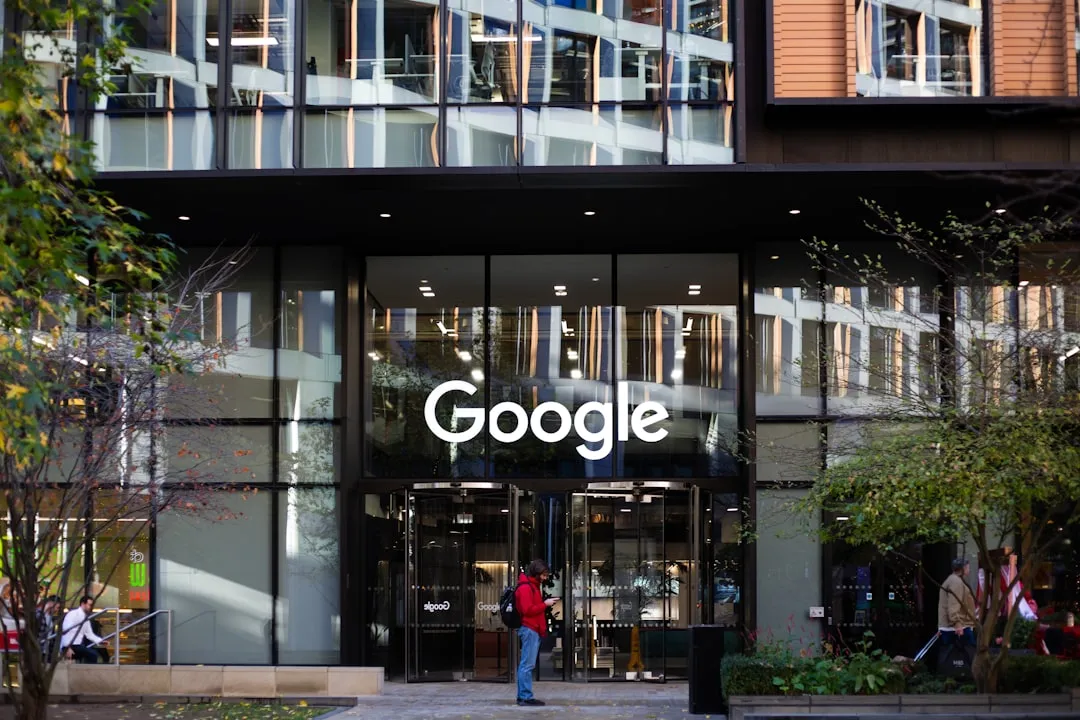


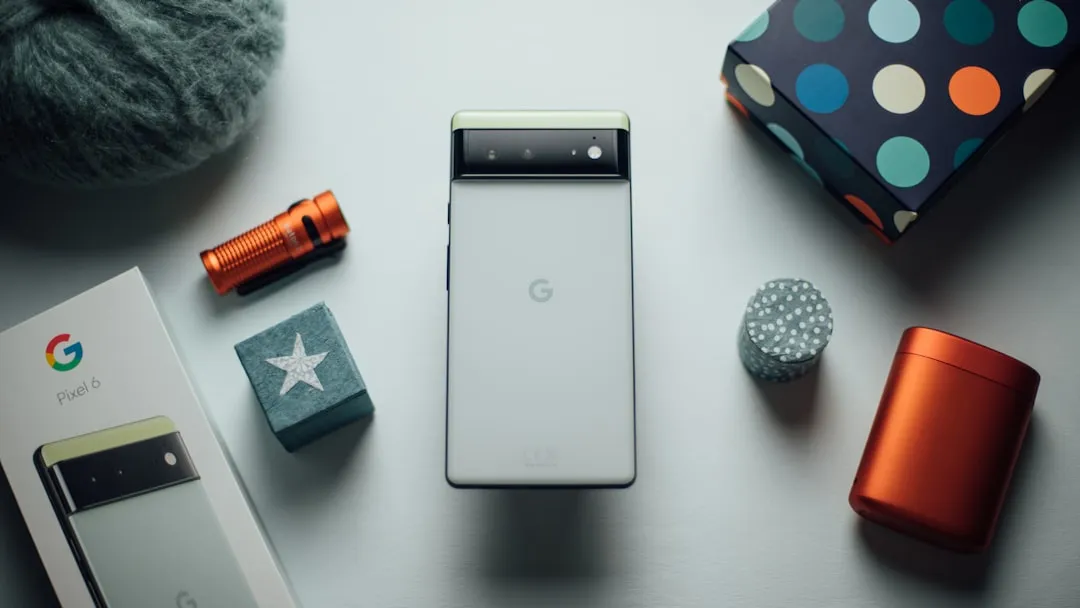

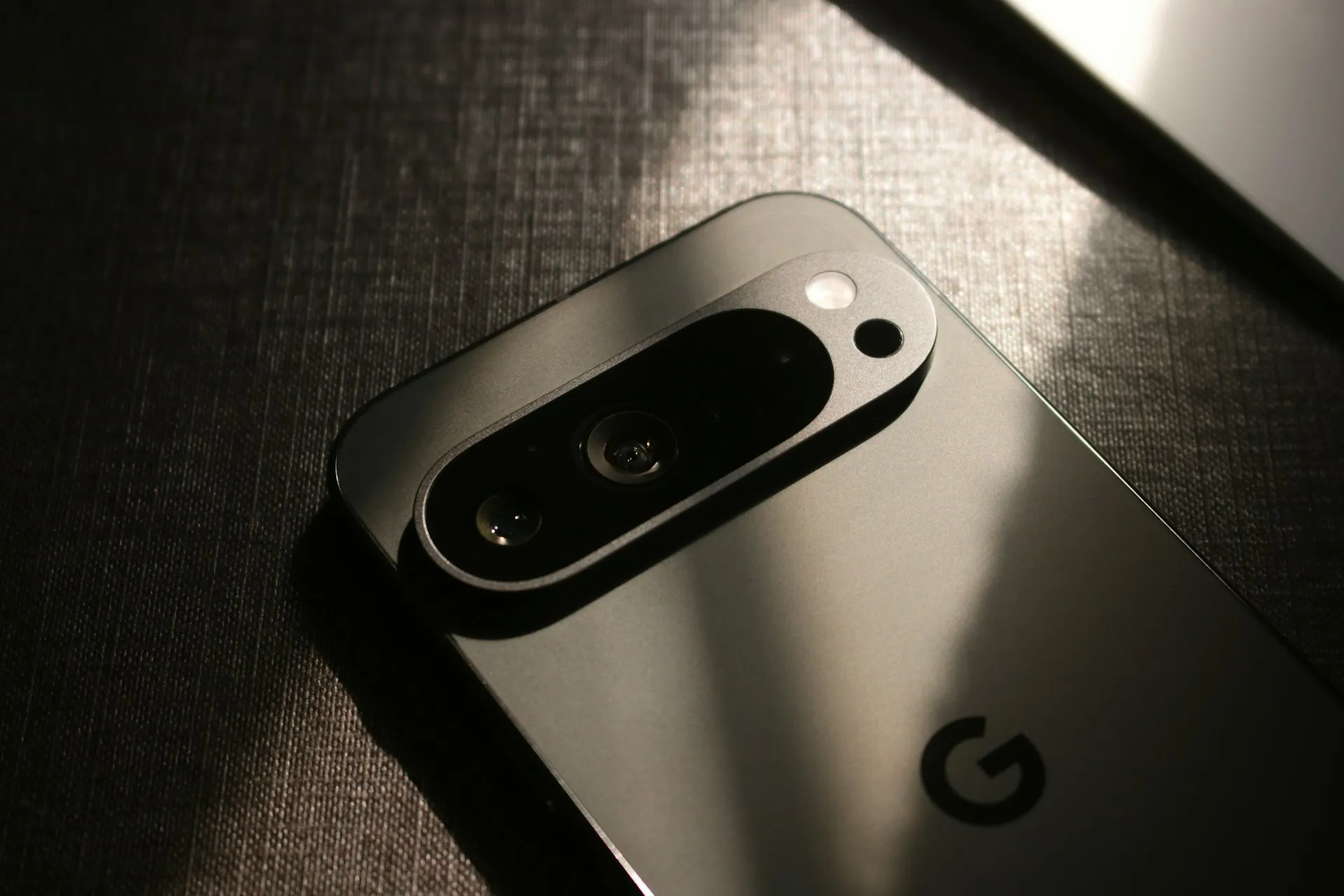
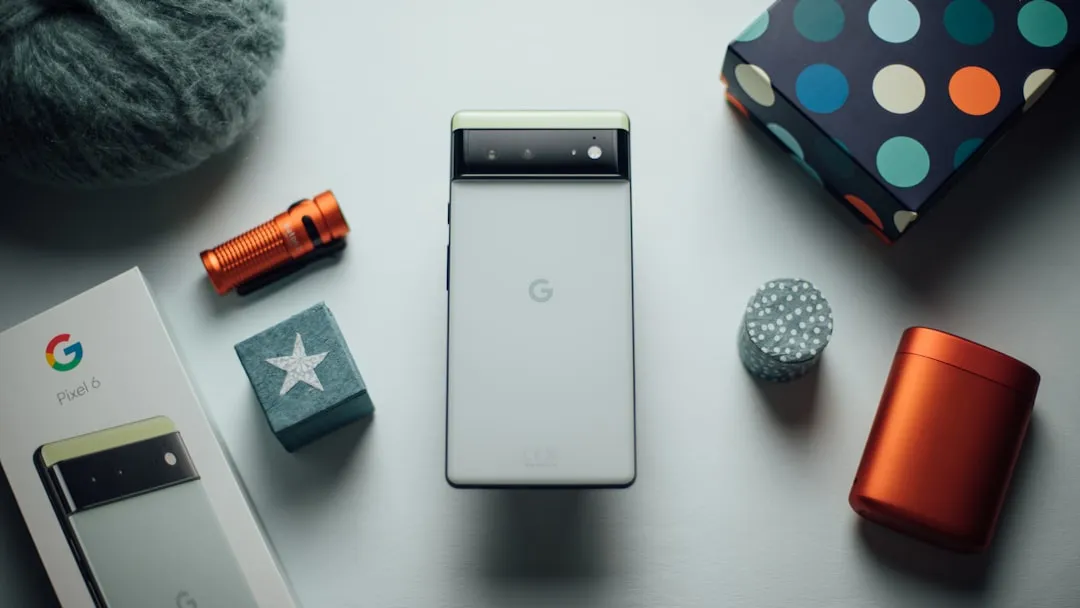
Comments
Be the first, drop a comment!